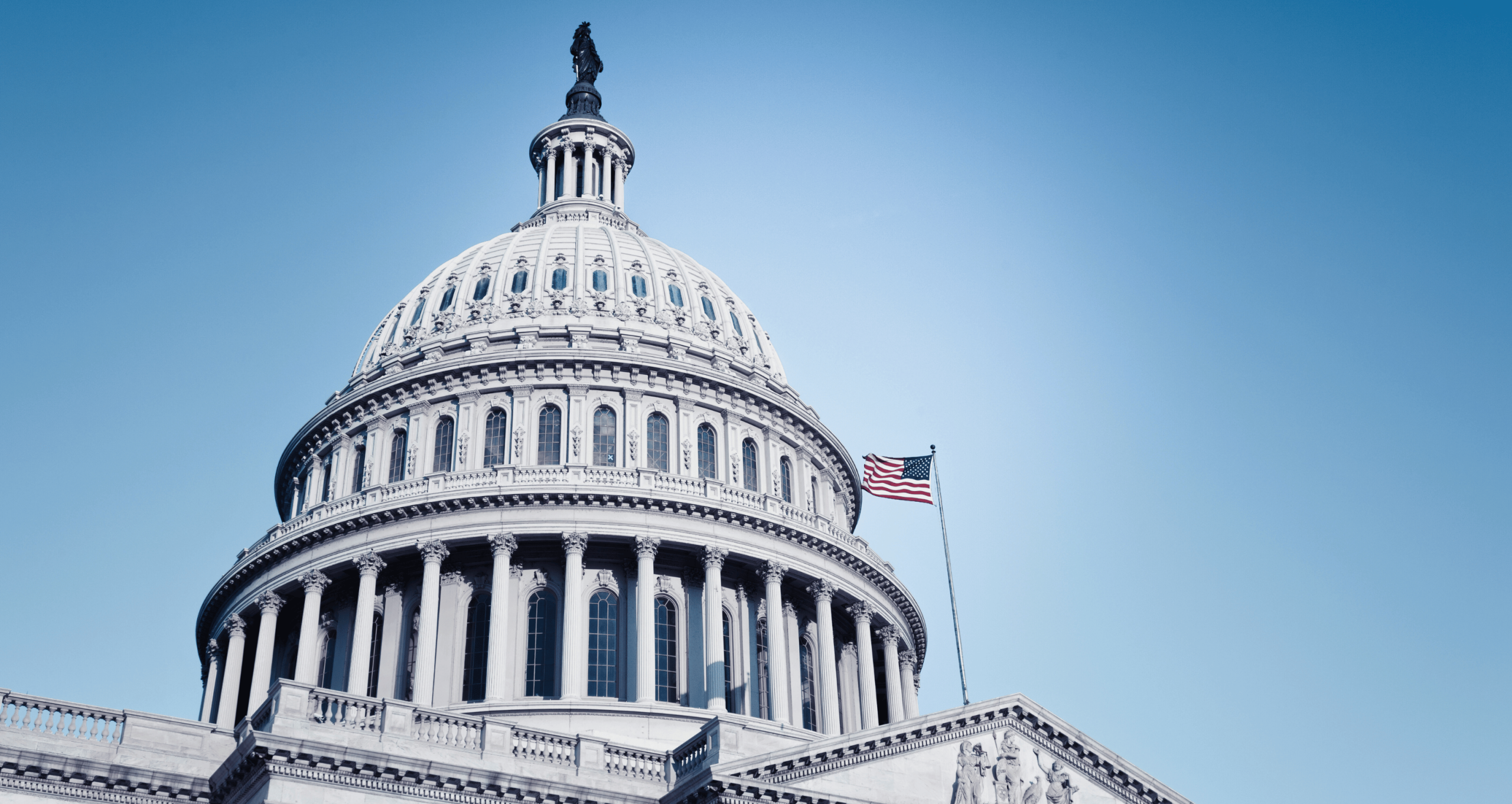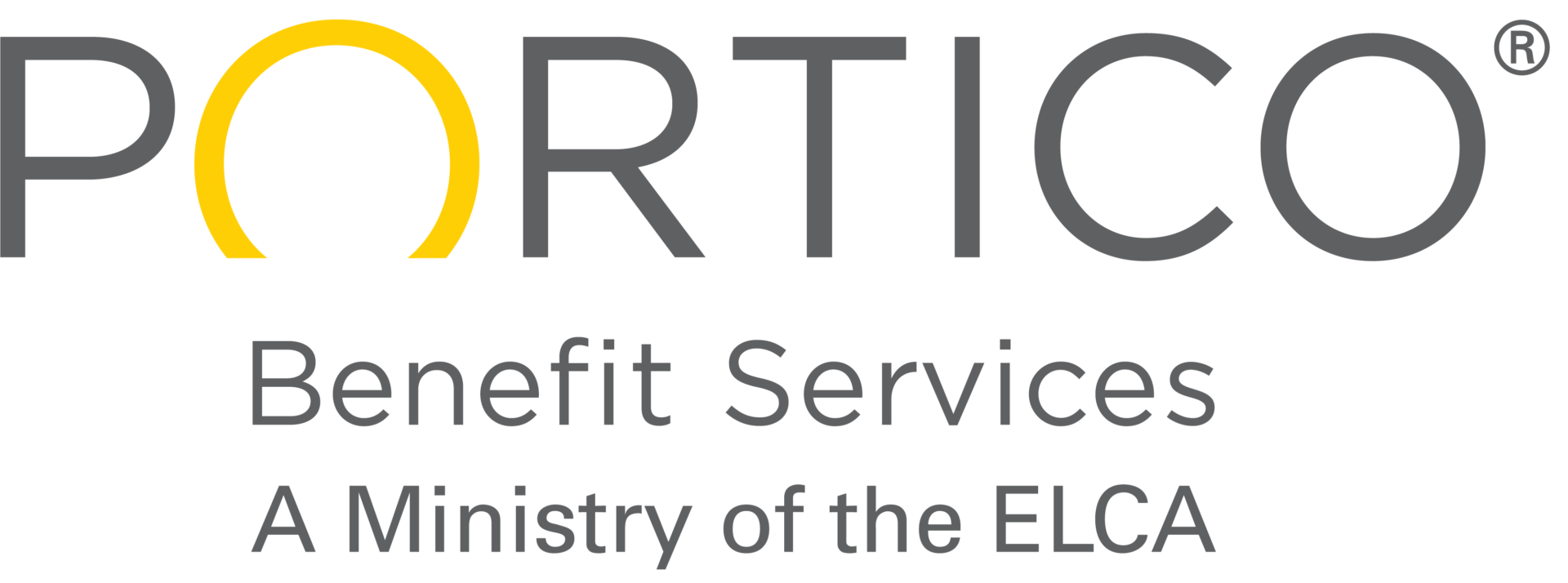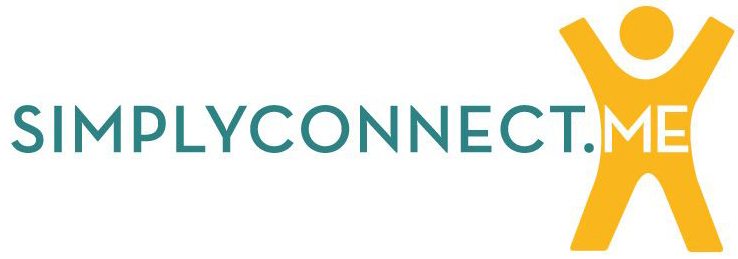With the budget reconciliation process currently moving forward in Congress, the risk of cuts to Medicaid looms large. Lawmakers are looking for significant funding reductions to offset the majority’s plans for permanently extending tax cuts for the wealthiest Americans, with proposals that could drastically impact healthcare access for millions of people. The result would be reduced eligibility and enrollment in Medicaid for families, rural communities, older adults, and people with disabilities.
A Recap of What’s Happening
Key House and Senate committees are tasked with identifying substantial funding cuts based on differing House and Senate budget resolutions. The House budget reconciliation effort calls for one large budget package aimed at $4.5 trillion in cuts at the request of President Trump, while the Senate has opted for a two-phase approach to budget reconciliation. To move forward, the House bill essentially has to be adopted by the Senate. House Republicans are pushing the Senate to adopt their plan and Senate Republicans are working to find a path to the needed 51 votes. As this moves forward, significant cuts to Medicaid stay on the table.
Specifically, the House Energy and Commerce Committee, which oversees Medicaid, is looking for $880 billion in cuts to health-related programs. (See the recent nonpartisan CBO analysis of the House bill that identifies Medicaid as the path to cuts.)
Cuts to Medicaid can take many forms, including work reporting requirements, per capita caps, and restrictions on provider taxes that states use to fund their share of Medicaid.
What’s Next?
With all this in mind, it is important to meet with your members of Congress to ensure “No Cuts or Caps to Medicaid.” Here is what you can do:
- Reach out to your members of Congress to educate them on the real-life impacts of Medicaid cuts by requesting a meeting or inviting your member(s) for a site visit to see the work of your organizations.
- Since states share Medicaid funding responsibilities with the federal government, communicating with your governor’s office is also important. Congress is considering eliminating the use of provider taxes, which in most cases covers the state portion of the program – resulting in devastating cuts to Medicaid.
- Use our Medicaid fact sheet to help guide your discussions and highlight the importance of the program.
Also, don’t miss our next Capitol Conversations webinar, Medicaid: What’s at Stake, on March 20 at 1 p.m. ET. We’ll hear from House Energy and Commerce Committee staff, including Leo Cuello from the McCourt School of Public Policy’s Center for Children and Families at Georgetown University, along with other important voices with insights and updates.
Sue Polis is Vice President of Public Relations and Government Affairs at Lutheran Services in America.














